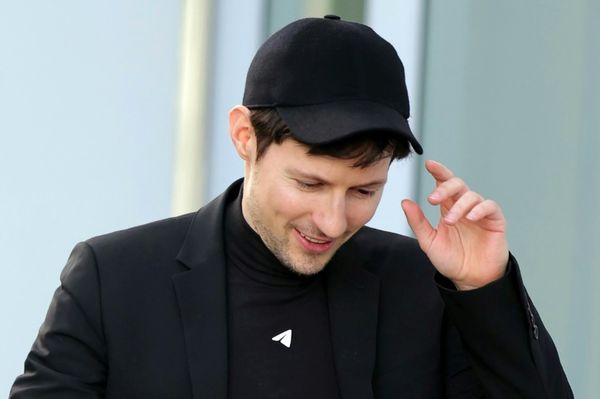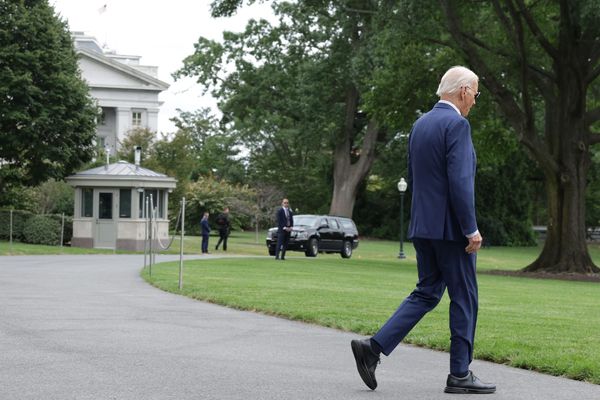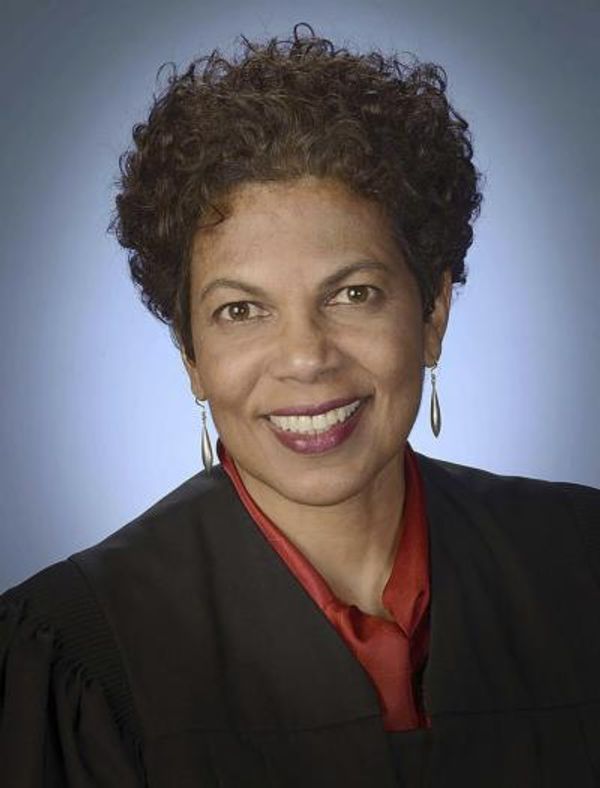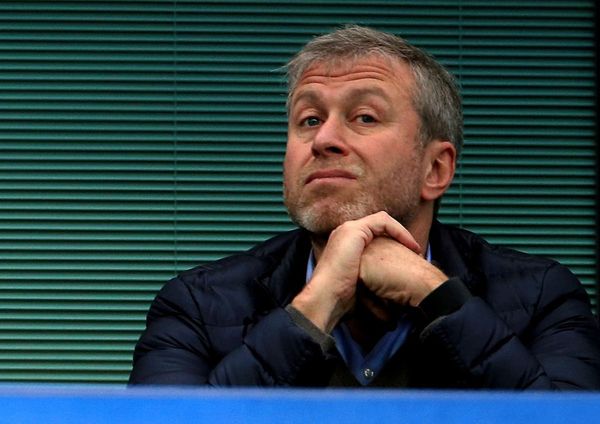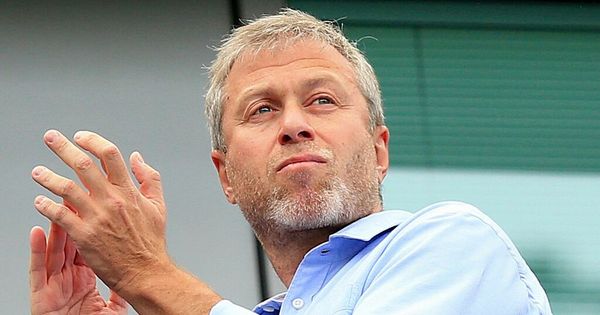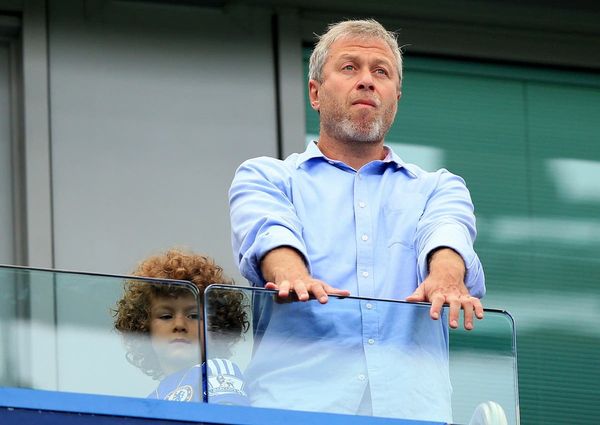Roman Abramovich has been sanctioned by the UK government, with the 55-year-old billionaire described as a “pro-Kremlin oligarch” who has had close links to Russian president Vladimir Putin “for decades” in an official document published shortly after 9am on Thursday morning.
In the most basic terms, the sanctions mean all his assets including Chelsea have been frozen.
The consequences for the club run deep and there are many outstanding questions just over three weeks since Abramovich, who has vehemently denied any association with Putin, stood pitchside as the club became world champions for the first time.
But how did we get here exactly and what happens next?
Here football.london goes through the twists and turns that have led the club to a precarious position where it is operating under a special, temporary licence that will place unprecedented restrictions on most facets of the club.
February 22: With an escalation in tension between Russia and Ukraine and warnings from government officials in the US and UK that Putin was planning an invasion, the Labour MP Dame Margaret Hodge said Abramovich and former Arsenal shareholder Alisher Usmanov should be considered among a group who should be considered as “kleptocrats who have stolen from the Russian people.” Prime minister Boris Johnson mistakenly said Abramovich was already facing sanctions before correcting the record several hours later. A spokeswoman for Abramovich said he had done nothing to deserve being sanctioned and had no links with Putin.
February 24: On the morning of the invasion, speaking under parliamentary privilege, the MP for Rhondda Chris Bryant said that Abramovich should be “no longer able to own a football club in this country” after reading an excerpt of what he claimed was a leaked 2019 document from the Home Office alleging that he was a “person of interest.”
February 25: Head coach Thomas Tuchel expresses concern around the “uncertainty” at the club and said that his mind had been “clouded” before the Carabao Cup final against Liverpool.
February 26: Abramovich, who had barely spoken in 19 years of ownership, releases a statement on the club website at tea time in which he says the “stewardship and care” of the club would be passed on to its charitable foundation. He would maintain full ownership but would not be part of any decision-making. The club repeats denial that he has any involvement in politics or an association with Putin and instead the decision was made solely to protect the club from negative attention.
February 27: The team loses to Liverpool in a penalty shootout with Lord Seb Coe spotted in the directors’ box next to directors Bruce Buck, Marina Granovskaia and technical adviser Petr Cech. Coe, the club says, will be one of the trustees overseeing decision-making. Except a couple of them have not agreed to it and raised concerns over a conflict of interest during discussions earlier in the afternoon.
February 28: The day begins with Abramovich’s spokeswoman claiming that he has been asked to broker peace talks between Russia and Ukraine. It is reported as fact by some outlets, except there is no hard evidence and 24 hours later the spokeswoman says he was playing an “advocacy” role. What is meant by “advocacy” is never elaborated on. Meanwhile, fresh doubts emerge around the trustees plan as the Charity Commission makes an incident inquiry and questions around its legality are raised.
March 1: Late in the evening a report surfaces in Swiss newspaper Blick in which billionaire Hansjorg Wyss says that he has been offered a chance to buy the club. "[Abramovich] wants to get rid of Chelsea quickly. I and three other people received an offer on Tuesday to buy Chelsea from Abramovich,” Wyss said.
March 2: The most prominent call yet for sanctions in parliament as Labour leader Sir Keir Starmer begins Prime Minister’s Questions by asking “why on earth” Abramovich was not listed. In reply Boris Johnson said: “It is not appropriate for me to comment on specific cases at this stage" but "the vice is tightening [on people associated with Vladimir Putin] and it will continue to tighten." That evening Abramovich releases another statement confirming that the club has been put up for sale and would be creating a foundation for “all victims” of the war.
March 3-9: LA Dodgers part-owner Todd Boehly, who has partnered up with Wyss, appears the frontrunner to purchase the club but several other businessmen are reported as interested. A private consortium called Saudi Media are interested, while Turkish billionaire Muhsin Bayrak is vocal about being "90% confident" of doing a deal. Several other parties are mentioned including London property developer Nick Candy and part-owner of Newcastle United Jamie Reuben.
March 10: Shortly after 9am the government’s sanctions list is updated with seven new people - including Abramovich. Chelsea is effectively frozen but the club is told it can continue to operate under a special licence that imposes severe restrictions. The sale process has been put in jeopardy, though the government has confirmed that it could allow a special dispensation for a sale to proceed if the terms of the licence are altered.
What now? The team are headed for Carrow Road and must take on Norwich City in a Premier League game this evening. Beyond that little seems entirely clear. Sunday’s game against Newcastle United at Stamford Bridge could be the final game played in front of a full house for some time, while the club is set to face Lille in a Champions League round of 16 second leg with a £20,000 cap on how much they can spend on travel and accommodation costs. A couple of interested buyers remain interested in a takeover but are taking a wait and see approach over whether it is even possible.

